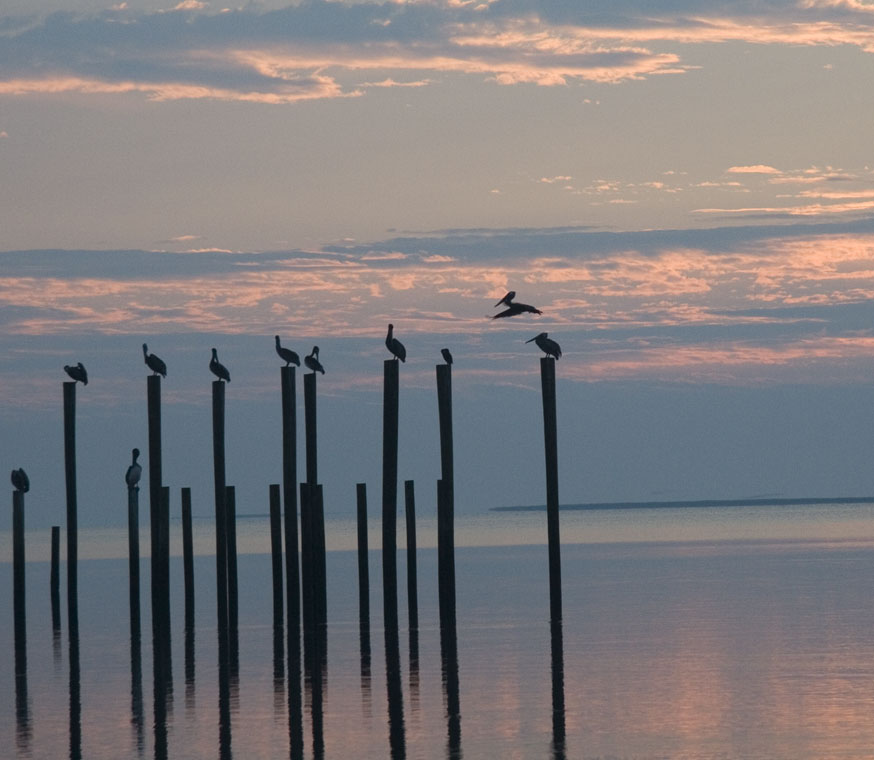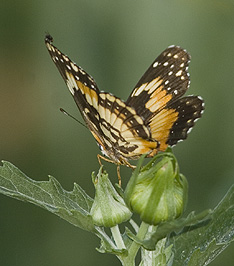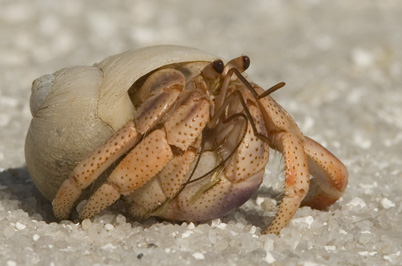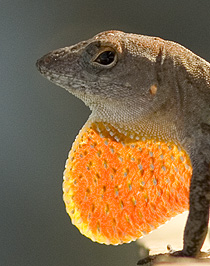Sharing Earth
With Other Creatures
& Other Peoples

The planet Earth is our home. It is also the home of millions of other kinds of creatures. The Quran makes it clear that Earth is for all creatures, not just humans (Quran 15:20).
Traditional western thinking views humans at the top of the food chain. We see mankind as the best creature, either as the most evolutionarily advanced or as created in God’s own image. Many believe we are the only species worthy of a soul, worthy of a life after death. This is not what the Quran tells us:
All the creatures on earth, and all the birds that fly with wings, are communities like you. We did not leave anything out of this book. To their Lord, all these creatures will be summoned. Quran 6:38
All creatures will return to God, and in fact they are communities of individuals just like humans. The Quran mentions many different animals and narrates stories of a couple of these, an ant and a bird, showing them to have individual personalities and their own forms of intelligence and communication. Those who have spent time studying or living closely with other animals recognize their individuality and different personalities.
Many of us who have intensely grieved the loss of a beloved pet can hope that we might join them in returning to God. But while the animals are guaranteed to return to God, adult humans must grow spiritually strong enough to stand to be in the physical presence of God. We humans are the only creatures with free will. We think of ourselves as being superior; we are in fact ignorant of our place in the world. That ignorance allows us to act in ways that are harmful to our planet and all its inhabitants, including ourselves. It is ironic that we think of ourselves as automatically being the best of creation, when we have to work at not being the worst!
We have offered the responsibility (freedom of choice) to the heavens and the earth, and the mountains, but they refused to bear it, and were afraid of it. But the human being accepted it; he was transgressing, ignorant. Quran 33:72



As humans we seem to have a natural tendency to assume we are superior not only to other creatures, but often to people in “other” communities. The dangers inherent in this tendency were well explored by Edward Said in his book Orientalism, 1978. We define that otherness by differences in nationality, race, religion, etc. However God makes it clear that those characteristics are immaterial:
O people, we created you from the same male and female, and rendered you distinct peoples and tribes, that you may recognize one another. The best among you in the sight of God is the most righteous. God is Omniscient, Cognizant. Quran 49:13
We are one human family, though we may have differences. Those differences, like all diversity—biological and non-biological—are a source of strength and good for us. If we all looked, talked, and thought alike our lives would be drab indeed. While it may appear that we are very diverse, when you compare us with other species it is apparent that we are all just human. This is true on a spiritual level also. In fact the Quran speaks of all of the prophets and their followers as one community—submitters to the same divinity. Thus Moses, Jesus, Job, etc., are all called submitters or “muslims” in the Arabic language.
While we may have different religious practices we should “race towards righteousness” (Quran 2:148). It is the righteousness that matters—dealing with all things, including the earth and all of her inhabitants, in an honest and moral manner with the realization that our actions may have very long lasting consequences. It means recognizing and respecting the rights of all of the other inhabitants of this planet.
It means truly Sharing Earth.